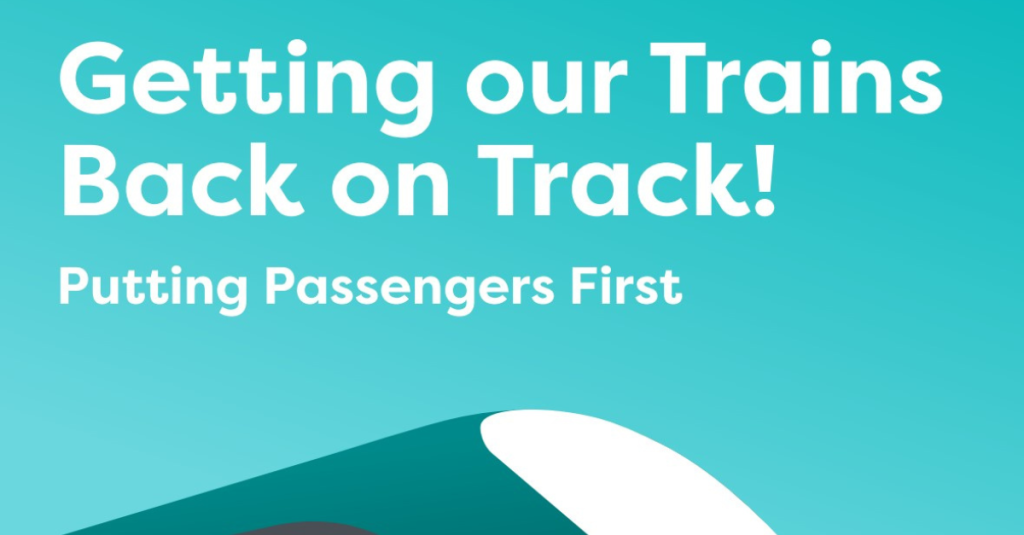The Business Travel Association (BTA) has issued a compelling white paper advocating for a transformative overhaul of the UK rail network. Their call to action focuses on creating a more consumer-centred service that prioritises passengers’ needs and experiences.
Highlighting various challenges such as persistent delays and cleanliness issues, the BTA believes significant changes are necessary to encourage more individuals to embrace rail travel. This initiative aims to boost overall passenger satisfaction and drive economic growth. Key recommendations span cleaner carriages, simplified ticketing, and including consumer champions in decision-making.
The BTA’s white paper articulates the urgent need for a shift towards a passenger-led rail service in the UK. This approach emphasises tailoring services to meet the needs and expectations of users instead of the existing operational focus. A passenger-led system would require incorporating continuous feedback from travellers to enhance service quality and reliability. This strategy is critical for re-establishing passenger confidence and increasing rail usage post-pandemic.
Moreover, simplifying ticketing systems is crucial. The current complex pricing structures can deter potential passengers. Implementing straightforward, transparent pricing models could attract more users and make the rail system more competitive compared to other modes of transport.
Emphasising these roles highlights the shift towards a more inclusive and responsive rail service. Consumers demand transparency and accountability, which these champions are well-positioned to enforce.
An international perspective can bring innovative ideas to the UK rail sector, fostering improvement in areas like scheduling, customer relations, and operational transparency. Adapting these strategies can lead to a significant uplift in service quality.
A better-performing rail system might attract more business travellers, fostering economic engagement across regions. Additionally, the increased use of public transport supports sustainability goals by reducing reliance on cars and lowering emissions.
The BTA’s proposed changes, focusing on passenger satisfaction and service reliability, are designed to accelerate this recovery. By addressing current deficiencies, the rail system can attract a broader demographic of travellers.
The BTA’s white paper, “Getting our Trains Back on Track! Putting Passengers First,” advocates for an extensive transformation of the UK rail network. By prioritising passengers and implementing essential changes, the UK can create a rail system that is both efficient and appealing.
In summary, the BTA’s white paper presents a visionary blueprint for modernising the UK rail network. By placing passengers at the forefront, the proposed changes aim to enhance service quality, promote economic growth, and encourage a sustainable transportation future.
The call for collaboration between industry leaders, consumer champions, and policymakers underlines the importance of unified efforts in achieving these objectives. Ultimately, the BTA envisions a rail system where efficiency and passenger satisfaction go hand in hand.

